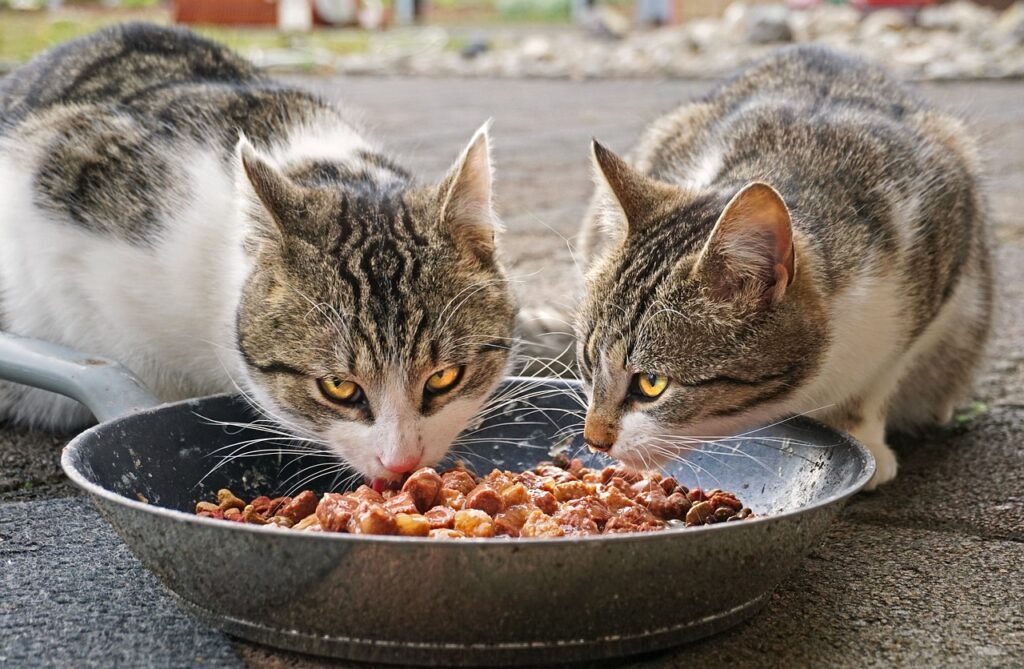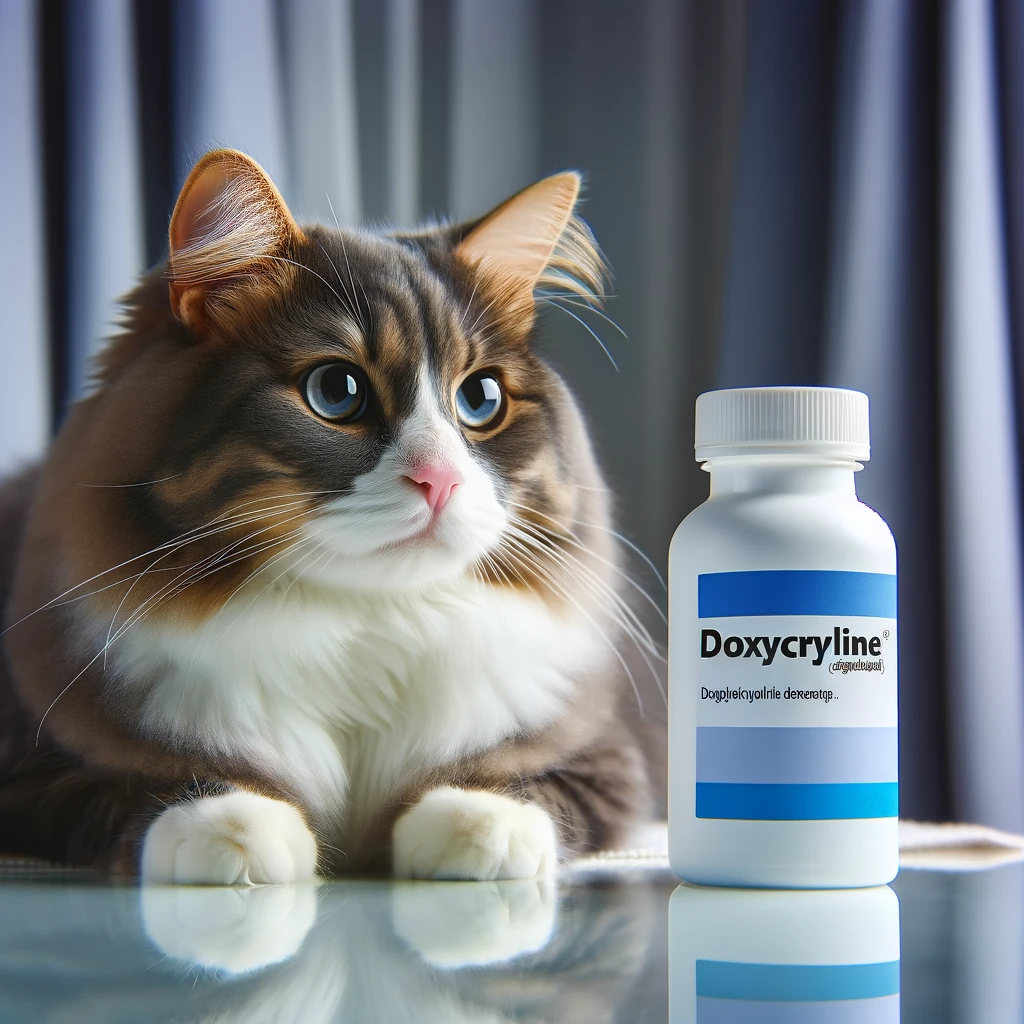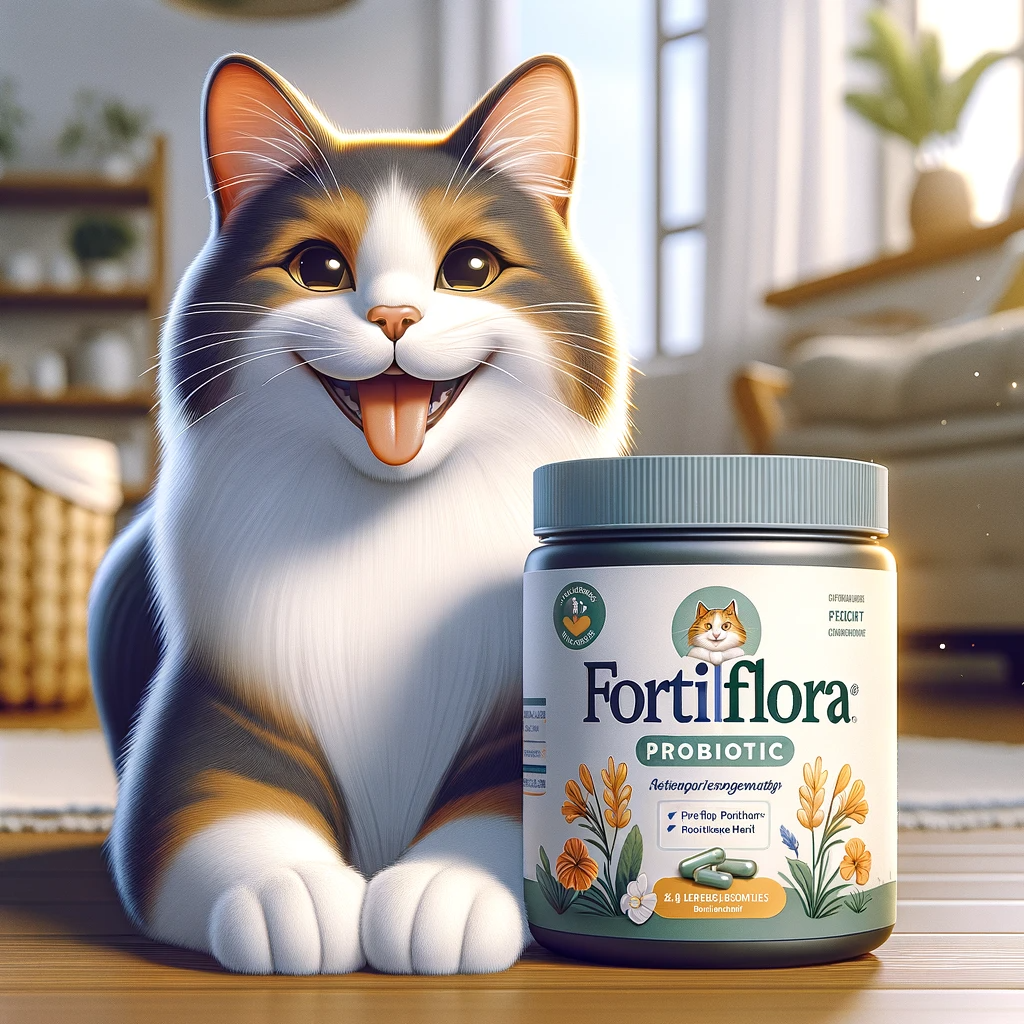Seeing your cat experience diarrhoea and vomiting can be concerning. While these symptoms can be alarming, understanding the causes and how to care for your cat can help you navigate this unpleasant situation effectively.

Causes of cat diarrhoea and vomiting
Several factors can trigger diarrhoea and vomiting in cats, ranging from dietary indiscretion to more serious health concerns. Here are some common culprits:
- Dietary indiscretion: This refers to ingesting something that upsets your cat’s stomach, like table scraps, spoiled food, or a sudden change in diet.
- Hairballs: Frequent grooming leads to hair accumulation in the digestive tract. When the hairball becomes too large to pass, it can cause vomiting.
- Parasites: Internal parasites like roundworms or hookworms can irritate the intestines, leading to diarrhea and vomiting.
- Infections: Bacterial, viral, or protozoal infections can disrupt the digestive system, causing these symptoms.
- Inflammatory bowel disease (IBD): This chronic condition involves inflammation of the intestines, often leading to ongoing diarrhea and vomiting.
- Food allergies or sensitivities: Some cats have sensitivities to specific ingredients in their food, which can trigger digestive upset.
- Toxins: Ingesting household toxins like antifreeze, certain plants, or medications can cause severe vomiting and diarrhea, requiring immediate veterinary attention.
Signs of cat diarrhoea and vomiting
Being observant of your cat’s elimination habits and behavior is key to identifying potential problems. Look for these signs:
- Changes in stool consistency: Diarrhea is characterized by loose, watery stool, while constipation may present with hard, infrequent bowel movements.
- Increased frequency of elimination: Your cat might visit the litter box more often than usual, even passing small amounts each time.
- Vomiting: Pay attention to the frequency, volume, and content of vomit. Clear vomit might indicate nausea, while blood or bile could signify a more serious issue.
- Straining: If your cat strains while trying to eliminate, it could indicate constipation or discomfort.
- Lethargy and loss of appetite: These can be general signs of illness and often accompany digestive issues.
Caring for cat diarrhoea and vomiting
While mild cases of diarrhoea and vomiting may resolve on their own within 24 hours, it’s crucial to monitor your cat closely and seek veterinary attention if:
- Symptoms persist for more than 24 hours.
- Your cat shows signs of dehydration, like dry gums, sunken eyes, or lethargy.
- Blood is present in the vomit or stool.
- Your cat experiences abdominal pain or discomfort.
- Kittens, elderly cats, or cats with compromised immune systems experience any digestive upset.
Here are some initial steps you can take at home
- Withhold food for 24 hours: Allow your cat’s digestive system to rest.
- Offer small amounts of water frequently: Dehydration is a major concern during digestive issues. Pedialyte or clear broths diluted with water can be offered in small quantities.
- Reintroduce food gradually: Once vomiting and diarrhea subside, start with small, bland meals like boiled chicken or white fish with cooked rice. Gradually increase portion sizes and transition back to regular food over a few days.
- Maintain a clean litter box: This helps prevent the spread of potential pathogens and encourages your cat to use the litter box.
Seeking Veterinary Guidance
Veterinary diagnosis and treatment are crucial for addressing the underlying cause and preventing complications. Your veterinarian will conduct a thorough physical examination, potentially recommend tests like bloodwork or stool analysis, and prescribe appropriate medication depending on the diagnosis.
Preventing Digestive Distress
By incorporating these preventive measures, you can help minimize the risk of your cat experiencing future digestive issues:
- Feed your cat a high-quality diet: Choose food formulated for your cat’s age and activity level.
- Introduce any dietary changes gradually: Sudden changes can upset their stomach.
- Prevent access to toxins and inappropriate objects: Keep household toxins out of reach and supervise your cat to prevent them from ingesting foreign objects.
- Regular deworming and parasite prevention: Schedule regular checkups with your veterinarian and follow recommended parasite prevention protocols.
- Stress reduction: Provide a calm and enriching environment to minimize stress, which can contribute to digestive issues.
Remember: Early intervention is key to managing your cat’s digestive upset effectively. By staying informed and taking the necessary steps, you can help your feline friend overcome this unpleasant experience and get back to feeling purrfectly good.



